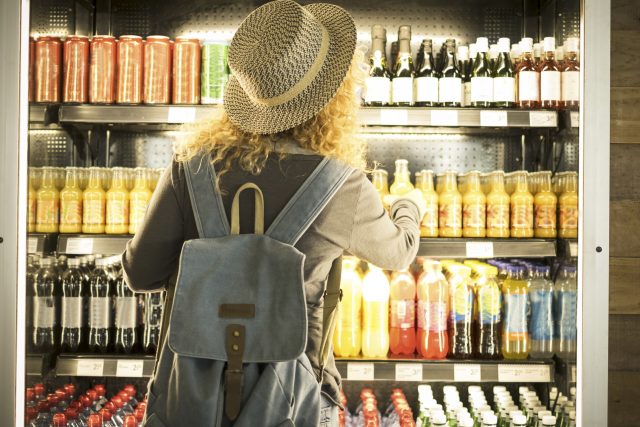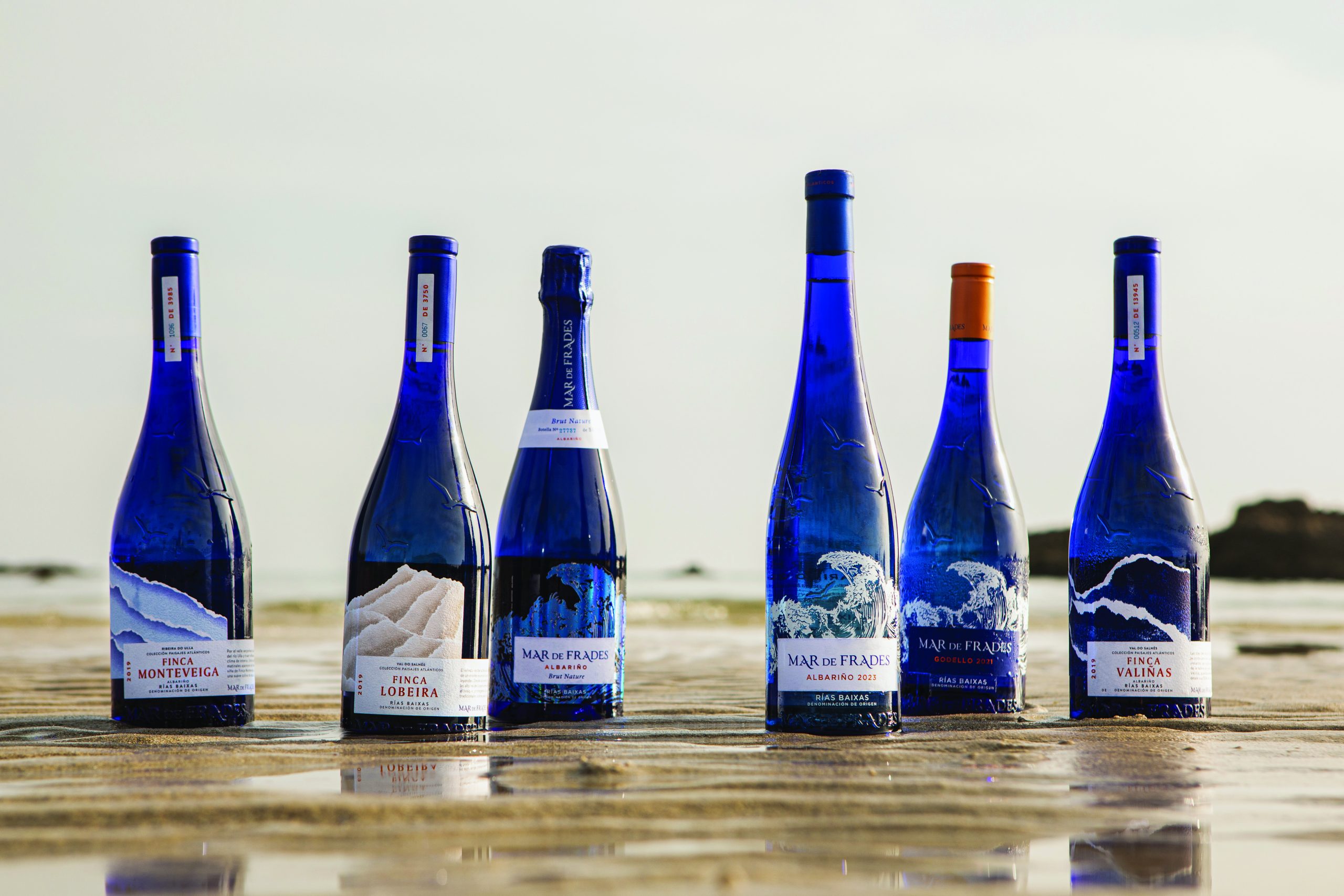Hard seltzers with ‘added benefits’ are a success with consumers
Hard seltzers marketed with ‘added benefits’ such as CBD or a ‘refreshing taste’ are more attractive to consumers, according to a new study.

The research, conducted by US-based consumer insights research company Veylinx, looked at a range of hard seltzers and a variety of added benefits in an effort to determine which product innovations consumers value most, and which will impact their willingness to pay for the drinks.
The results showed that adding CBD to hard seltzers boosted demand by 12% on average while also revealing that consumers are not driven to the category because of its perceived healthfulness compared to other alcoholic beverages (only selected by 22% of participants), but seltzers having a “refreshing taste” was considered the primary purchase driver (54%).
Sustainable packaging only showed potential for some brands, but not all, while enhancing the drinks with kombucha lowered demand by an average of 6%, the study revealed.
Partner Content
The Veylinx study used behavioral research to find out how much consumers would pay for a product through a bidding system showing their willingness to pay by placing sealed bids on products and then answering follow-up questions about their reasons to buy or not to buy.
Veylinx CEO Anouar El Haji explained: “We wanted to study the hard seltzer category because it has disrupted the alcoholic beverage space so profoundly in such a short time. There are widely divergent predictions about if and how it will sustain its tremendous growth, so we wanted to shed light on which brands and innovations are best positioned for the future.”
The study, which was recently conducted among 2,702 US consumers over the age of 21, revealed that “nearly all” added benefits tested drove greater purchase interest from consumers.
Related news
How to make a hot buttered rum
The most interesting conversations db had in 2025
Treasury Wine Estates plans leaner future amid US and China slowdown




